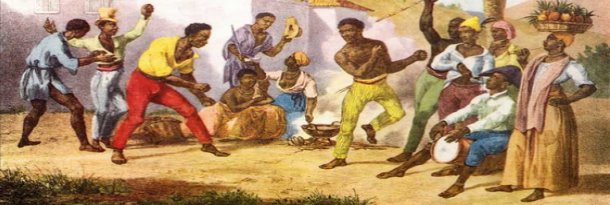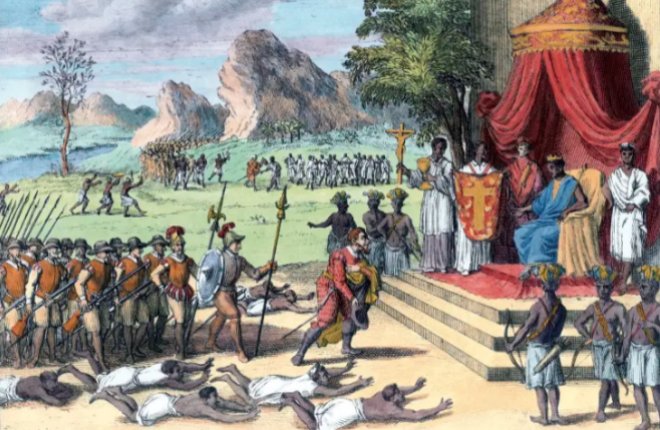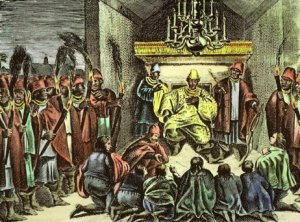|
|
 |
Angola History |
Angola History |
Angola History | Angola History |
For information, videos and photos about the country of
Angola, check out our Angola profile pages.
More >
|
|

|
In fact, until the slave trade was abolished in 1836 it is estimated that Portugal sent over a million Angolans to Brazil fuelling resentment at the incomers that fed the later clamour for independence. During this period the Portuguese built railroads, ports together with towns and cities. From 1885 as part of the Scramble for Africa, Portugal consolidated its hold over the country which saw ongoing local resistance, particularly to enforced labour which had technically replaced slavery. The colonisation of the country saw little in the way of social development for native Angolans. In 1920 Angola became a colony with its own administration, however in 1952 Angola's status was changed from a colony to an overseas province and the influx of white Portuguese during this period fanned the flames of racial tension. Whilst across Africa there were growing calls for independence, the Portuguese rejected these outright not least because Portugal itself was ruled by dictators. Over the next fifteen years three rival guerrilla emerged intent on independence for Angola, the Uniao Nacional para a Independencia Total de Angola (UNITA), the Frente Nacional de Libertacao de Angola (FNLA) and the Movimento Popular de Libertaccao de Angola (MPLA). These groups were not just fighting for independence, they were also at war with each other, and, following the collapse of the Portuguese regime in Lisbon in 1974, the Portuguese granted Angola independence the following year without handing power to a succeeding government, they merely abandoned Angola in the middle of a civil war. The Bicesse Accord in 1991 was brokered to provide a path for democratic elections in Angola however when UNITA's Jonas Savimbi lost the election he deemed it fraudulent and returned to war. A further peace accord was signed in 1994 in Lusaka however this also failed. A massive military surge in 1999 by the Angolan military then decimated UNITA's forces however, even then, Savimbi continued guerrilla tactics until his death in 2002, a year that saw a de-facto cease fire and the end of the civil war that had seen the country broke down into factions leaving one and a half million dead, millions more displaced and the economy and the country's infrastructure shattered. The short video documentary (above) explores the recent history of Angola during that troubled time. |









